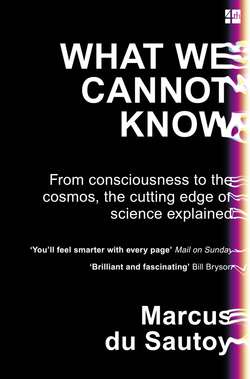Читать книгу What We Cannot Know: Explorations at the Edge of Knowledge - Marcus Sautoy du - Страница 19
MATHEMATICAL SNAPSHOTS
ОглавлениеThe calculus tries to make sense of what at first sight looks like a meaningless sum: zero divided by zero. As I let my dice fall from my hand, it is such a sum that I must calculate if I want to try to understand the instantaneous speed of my dice as it falls through the air.
The speed of the dice is constantly increasing as gravity pulls it to the ground. So how can I calculate what the speed is at any given instance of time? For example, how fast is the dice falling after one second? Speed is distance travelled divided by time elapsed. So I could record the distance it drops in the next second and that would give me an average speed over that period. But I want the precise speed. I could record the distance travelled over a shorter period of time, say half a second or a quarter of a second. The smaller the interval of time, the more accurately I will be calculating the speed. Ultimately, to get the precise speed I want to take an interval of time that is infinitesimally small. But then I am faced with calculating 0 divided by 0.
